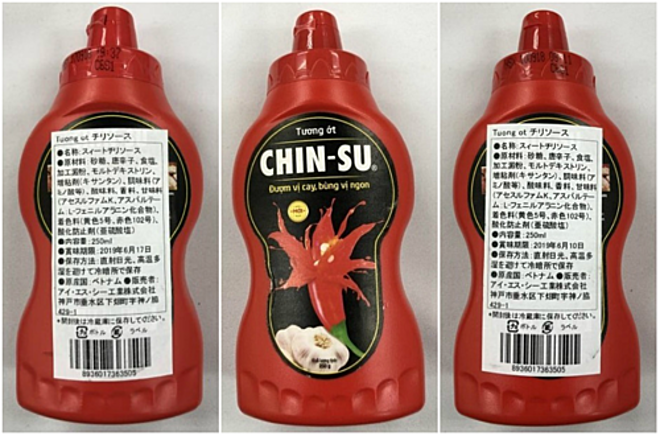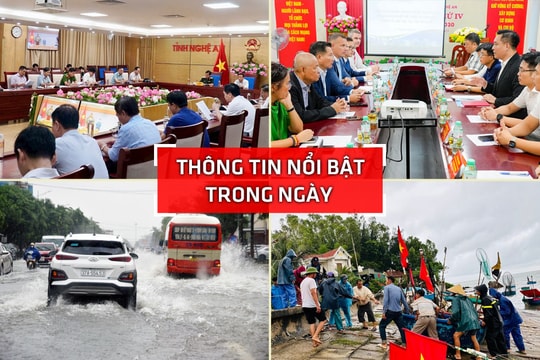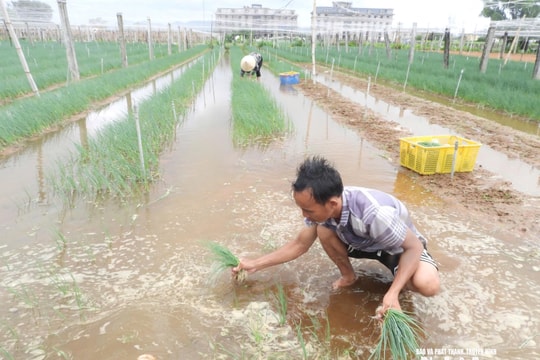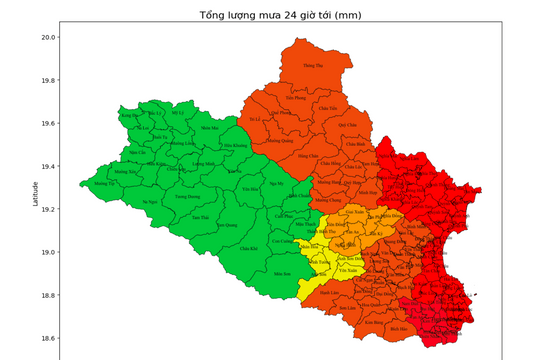Why does Japan ban benzoic acid in chili sauce while Vietnam allows it?
Vietnam follows Codex standards allowing the use of benzoic acid at a level of 1g/kg of product, while Japan has its own standards for chili sauce.
On April 8, a representative of the Food Safety Department, Ministry of Health, said that they had not received any information from Japan about the recall of more than 18,000 bottles of Chin-su chili sauce or the reason for the recall. However, through the media, the reason for the recall is that the chili sauce contains the preservative benzoic acid. This has caused confusion among consumers in Vietnam because this product is being used by millions of families.
Ms. Tran Viet Nga, Deputy Director of the Food Safety Department of the Ministry of Health, said that benzoic acid (INS 210) is an anti-mold food additive that is allowed by the Codex Alimentarius Commission to be used at a level of 1g/kg of product, which is safe for consumers' health. Currently, 189 countries use the Codex general standards, including Vietnam and Japan.
Circular 27/2012 guiding the management of food additives and Circular 8/2015 amending and supplementing a number of provisions of Circular 27, allows the use of benzoic acid with a maximum content of 1g/kg of chili sauce.
However, according to Ms. Nga, depending on the requirements of food management in each country, the regulations are different. The food habits of the people in the country, the amount of food consumed is different in each country, so it is possible that even though they are all members of Codex, the regulations for use in different countries are different. Even the content allowed for use in different countries is different, but in general, it is not more than the regulations of Codex.
 |
Images of the violating chili sauce samples were posted on the Osaka City Electronic Information Portal. |
"In world trade, compliance with Codex does not require scientific evidence. If there is a difference with Codex, scientific evidence must be provided. Codex standards are also used as reference standards in trade disputes. Vietnam's current regulations on food additives are completely consistent with Codex's regulations on food additives," said Ms. Nga.
The Osaka City (Japan) electronic information portal last weekend announced the recall of 18,168 bottles of Chin-su brand chili sauce originating from Vietnam for violating the Food Sanitation Law and the Food Labeling Law. Analysis by the Tokyo Food Hygiene Association showed that the benzoic acid content in the recalled Chin-su chili sauce was 0.41 g/kg, 0.44 g/kg and 0.45 g/kg, respectively. Meanwhile, Article 11, Clause 2 of the Japanese Food Sanitation Law prohibits the use of benzoic acid in chili sauce.
According to the minutes of the Expert Conference on Food Additives between the Food and Agriculture Organization of the United Nations (FAO) and the World Health Organization (WHO), the maximum amount of benzoic acid that can be ingested into the body each day is 0.005 g/kg of body weight.
Based on the above, Japan affirms that benzoic acid in chili sauce at a level of 0.45 g/kg does not affect health, even if a person weighing 50 kg eats 0.56 kg of chili sauce per day (equivalent to 2.2 250 ml bottles) or a person weighing 30 kg eats 0.33 kg (equivalent to 1.3 bottles per day).
Japan still uses benzoic acid to preserve products such as caviar (standard 2.5 g/kg), margarine (1 g/kg), soft drinks, syrups, soy sauce (1 g/kg)... Thus, according to Ms. Nga, Japan does not ban this substance in food in general, but only in chili sauce because it has its own standards.

.jpg)
.jpg)

.jpg)



